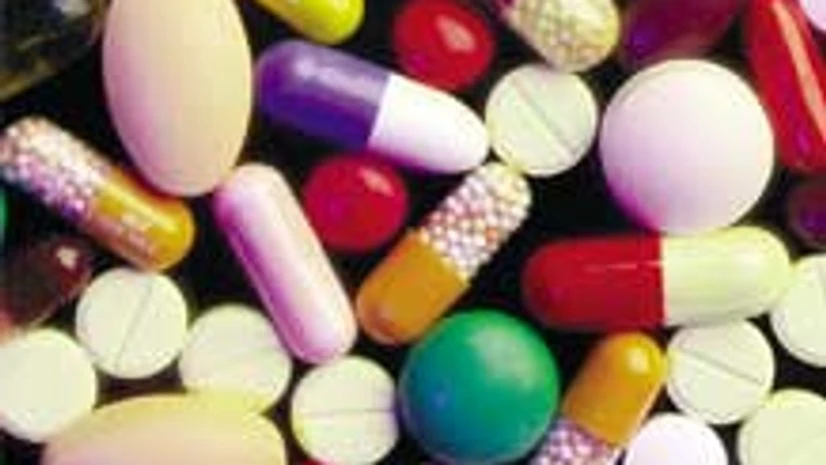The government's committee on patented drug pricing has recommended this, based on reference prices of such drugs in other countries such as Britain, Canada, France, Australia and New Zealand, which have wide insurance coverage.
In India, patented medicines are mostly sold by multinational companies, such as GlaxoSmithKline Pharma, Pfizer and Novartis, which say patented medicines in India are priced much lower as compared to other countries.
"The committee recommends price negotiations for patented medicines for government procurement or reimbursement and for health insurance coverage by any other insurance company," said its report. Now chaired by B K Singh, director, department of pharmaceuticals, it was constituted in 2007 to see how the prices of patented medicines could be made affordable.
According to the panel's suggestions, the prices fixed would apply only on bulk procurement by the government and for health insurance coverage by insurance companies. According to a World Health Organisation study, merely 21 per cent of total expenditure on medicines in India is accounted for by government or insurance. The rest is paid by patients. In developed countries, most expenses are borne by the government and insurance companies.
Patented medicines are generally expensive due to lack of competition. A company with a patent for a particular drug enjoys a monopoly for at least 20 years. However, there are exceptional provisions such as compulsory licencing, which can be invoked to allow other companies in the market before the patent period is over.
The panel has suggested a committee under the National Pharmaceutical Pricing Authority, with representatives from the top five insurance companies and various ministries, including railways and finance, to negotiate the prices. For medicines introduced for the first time in India, the negotiation could be based on a cost-plus formula, taking into consideration factors such as cost involved and risk. "The prices so fixed will be subject to revision, either periodically or if felt necessary by the manufacturer or the regulator, as the case may be," says its report.
However, the committee has ruled out linking price negotiation of patented drugs with their marketing approval. This, it said, could be "reviewed when the public procurement or prescription reimbursement reaches more than 50 per cent of total domestic sales of the medicine".
According to Sujay Shetty of PricewaterhouseCoopers, patented drugs are about one per cent of the Rs 65,000 crore domestic market for medicines. It is expected to grow faster with the upgradation of patent infrastructure, decentralisation of patent-filing processes and rising population in the high income group.

)
